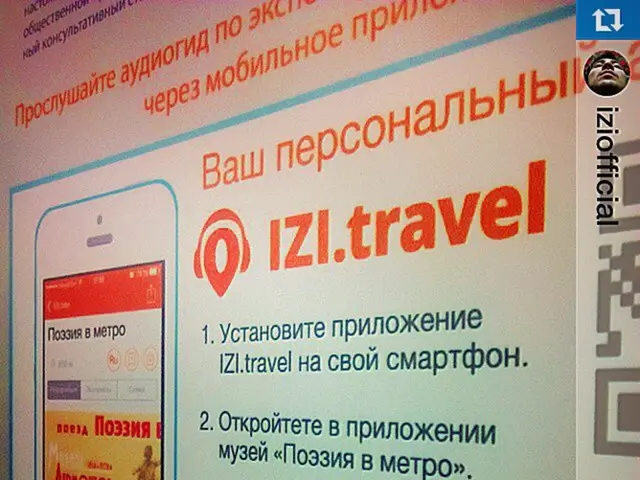Remotely Located Workers Eligible for Spain's Digital Nomad Visa?
The Spanish Digital Nomad Visa, officially known as the International Teleworking Visa, was launched in 2023, making it one of the most popular digital nomad visas in Europe. This visa invites remote workers from around the world to work remotely in Spain and apply for residency.
To be eligible, remote employees must meet certain requirements. They must have a valid passport, earn a minimum income, have at least 3 months of remote work experience, and work for a company in operation for at least one year. Additionally, they must provide proof of their remote work status through employment contracts that explicitly state they can work remotely 100% of the time.
For those working for companies, employers must provide written authorization for relocation abroad and maintain their roles in the company. Employers are also responsible for contributing to Spanish social security payments, although remote employees can also pay these payments themselves. Both the Certificate of Coverage and paying Spanish Social Security are essential documents for remote employees.
Freelancers find it easier to apply for the Spain digital nomad visa due to the lack of company involvement. They must register as self-employed in Spain and receive a VAT number.
Remote employees who choose to transform their roles into independent contractor roles may find this simplifies the Spain digital nomad visa application process. US employees can request a Certificate of Coverage to show Spanish social security payments.
After 12 months, digital nomads can apply for a three-year residence permit, which is renewable for an additional two years. After five years of living in Spain, they may apply for permanent residency. After 10 years, they can apply for citizenship by naturalization.
It's important to note that while the official designation of the Spanish Digital Nomad Visa is "Spanish Digital Nomad Visa" or "Visado para nómadas digitales," specific official names vary by country. Spain's scheme is legally termed under new legislation aimed at attracting remote workers, often referenced as a type of "Entrepreneur Visa" or "Startup Law" visa for remote workers.
Employers must be involved in the relocation process of remote employees. Remote employees who become Spanish tax residents will owe local taxes on their worldwide income and wealth. The Spain digital nomad visa allows digital nomads and their family members to relocate to Spain for up to five years before obtaining permanent residency.
In conclusion, the Spain digital nomad visa offers a unique opportunity for remote workers to live and work in Spain for extended periods, with the potential for permanent residency and citizenship. Whether you're a freelancer or an employee, the process is accessible and designed to attract talented individuals from around the world.
Read also:
- Revealed: Top and Bottom UK Banks for Digital Banking Services
- Affordable supermarket purchases from dollar stores are not sabotaging typical American nutritional habits, according to research findings
- Cross-Border Wind Farm in Asia Generates 600 MW of Power through Monsoon Wind
- Guide to Achieving "Electrostate" Status







